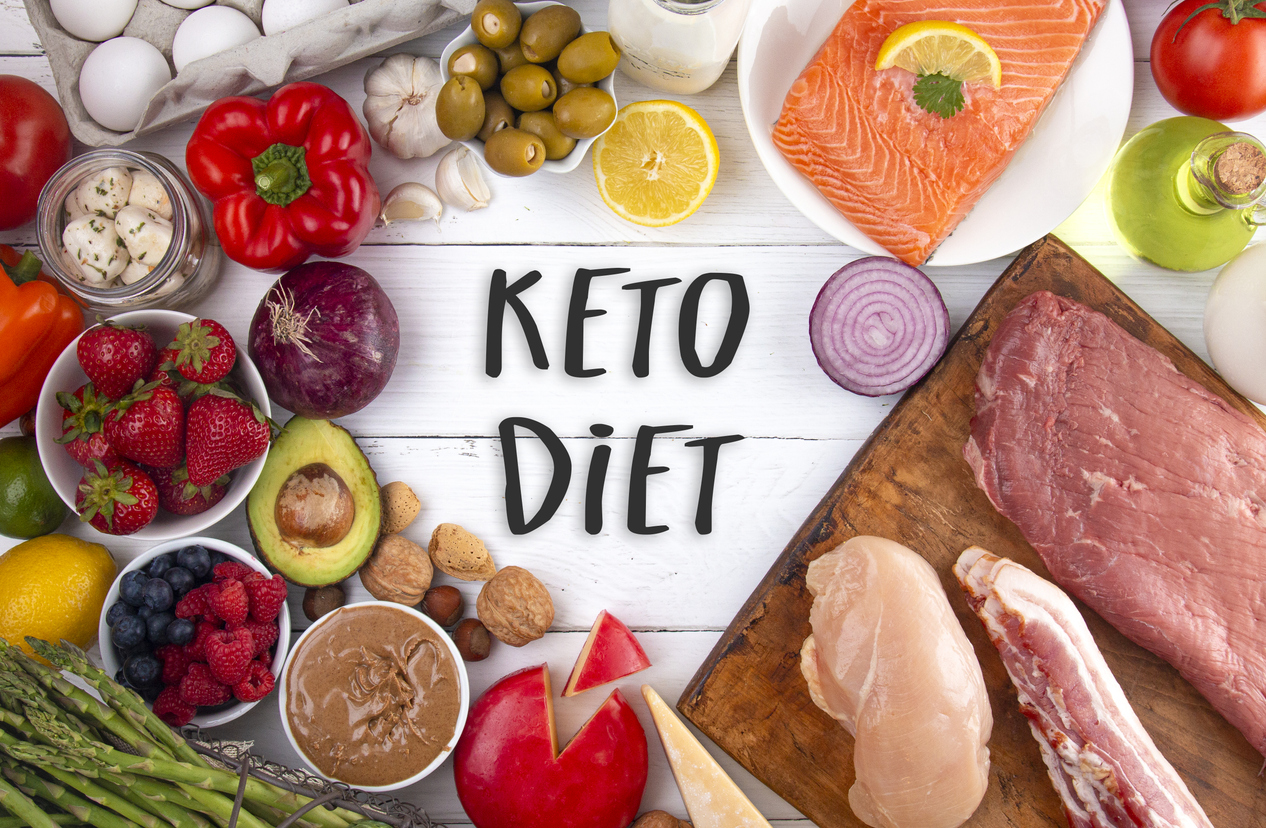 Definition:
Definition: The keto diet, short for ketogenic diet, is a high-fat, low-carbohydrate diet that is designed to promote weight loss and improve health by forcing the body to burn fat for energy instead of carbohydrates.
Macronutrient ratios: The keto diet typically consists of 70-80% of calories from fat, 10-20% from protein, and 5-10% from carbohydrates. This macronutrient ratio shifts the body into a metabolic state called ketosis, where it burns fat for energy instead of glucose.
Foods to eat: The keto diet emphasizes high-fat foods such as meat, fish, nuts, seeds, avocados, and oils (such as olive oil and coconut oil). It also includes moderate amounts of protein from sources such as poultry, eggs, and cheese. Low-carbohydrate vegetables such as leafy greens, broccoli, and cauliflower are also included in the diet.
Foods to avoid: The keto diet restricts high-carbohydrate foods such as grains, sugar, fruit, and starchy vegetables like potatoes and corn.
Benefits: The keto diet has been shown to promote weight loss, improve insulin sensitivity, lower blood sugar levels, and reduce the risk of certain diseases such as type 2 diabetes, heart disease, and neurological disorders.
Risks: The keto diet can be challenging to follow and may lead to nutrient deficiencies if not properly balanced. It can also cause side effects such as fatigue


